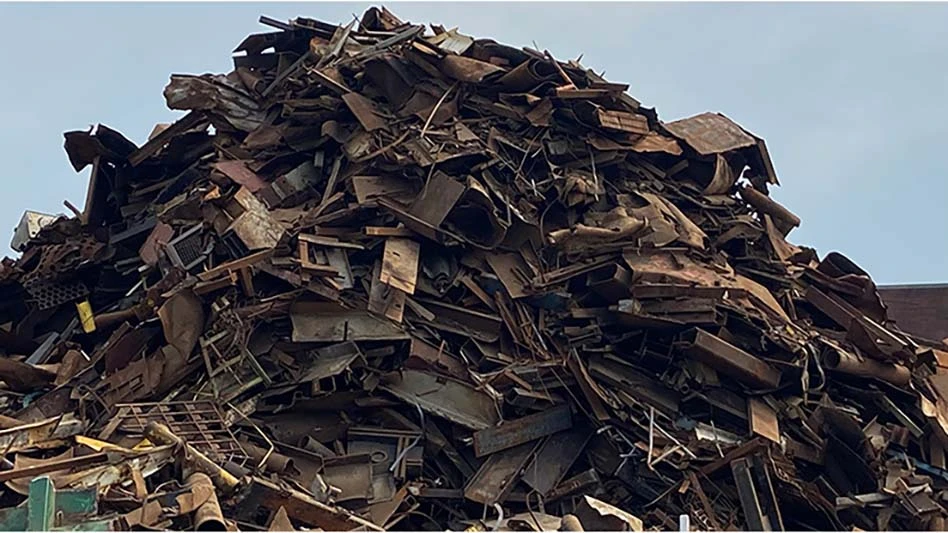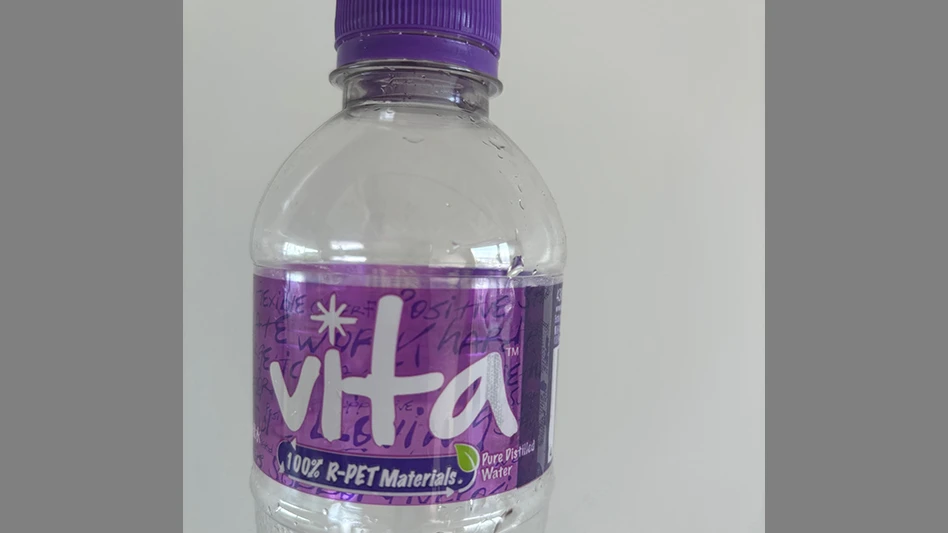
Recycling Today archives
Steel mill transaction pricing for ferrous scrap for the period from April 20 to May 19 shows mills remain largely successful at buying the material at prices even with or lower than they did in the previous 30 days.
The Raw Material Data Aggregation Service (RMDAS) data compiled by Pittsburgh-based MSA Inc. indicates the obsolete grades No. 2 shredded scrap and heavy melting steel (HMS) lost an average of $12 per ton in value in the United States from late April to late May.
Offering only slightly more encouragement, the RMDAS prompt industrial composite (prime scrap) grade rose by an average of $1 per ton in value during the same period. Mills paid an average of $2 per ton more for prime scrap in the RMDAS North Central/East region (consisting of the New England states plus Delaware, eastern and southern Indiana, Kentucky, Maryland, most of Michigan, New Jersey, New York, eastern North Carolina, Ohio, Pennsylvania, eastern Virginia and West Virginia) while the grade’s price stayed flat in the North Midwest and South regions.
Processors in the North Central/East region, which can host the most active export market when buyers representing Turkish and Indian mills are seeking material, currently are fetching the highest prices for both prompt scrap (at $8 per ton above the national average) and for shredded scrap ($7 per ton above the U.S. average).
The RMDAS South region (Alabama, Arkansas, Florida, Georgia, Louisiana, Mississippi, Oklahoma, South Carolina, Tennessee, Texas and parts of North Carolina and Virginia) has the strongest pricing for No. 1 HMS but has the weakest pricing by a considerable margin for the other two grades.
Shredded scrap in late April and early May fetched just $385 per ton in the South, $10 per ton below the national average and $17 per ton less than what was paid in the North Central/East. Prime scrap sold for an average of $413 per ton in the South during the same period, which was $14 per ton below the U.S. average and $22 per ton below the North Central/East market price.
The difference could be attributable to a better scrap generation environment in the South, a region where manufacturers have been investing and the construction (and thus, demolition) sectors have been active.
Competition to buy scrap in the South should be healthy, with several of the nation’s largest processors having a presence in the region, including subsidiaries of the David J. Joseph Co., SA Recycling, OmniSource, Commercial Metals Co., plus Ferrous Processing & Trading in Florida and Alter Trading in Arkansas.
The Empire Recycling operations of Greenwave Technology Solutions Inc. have been buying growing volumes of ferrous scrap, more than half of which is going to one unnamed buyer, as referred to in a recent financial filing. (Many of the firm’s location are near where the RMDAS South and North Central/East regions meet on the pricing service’s map.)
The lower pricing of shredded scrap in the region could be related to the fierce processing competition, with each of the major firms attempting to keep their shredders busy as long as even a narrow profit margin can be obtained.
That margin attainment likely has been helped by steady global demand for shredded aluminum-bearing grades and rapidly rising copper prices in April and May—nonferrous market factors that can prompt plant operators to keep their shredders humming even if the ferrous output carries a disappointing price tag.
Latest from Recycling Today
- Two factors raise ferrous export questions in April
- Analyst: Scrap imbalance lost amid copper’s critical status
- AF&PA report shows decrease in packaging paper shipments
- GreenMantra names new CEO
- Agilyx says Styrenyx technology reduces carbon footprint in styrene production
- SABIC’s Trucircle PE used for greenhouse roofing
- Hydro to add wire rod casthouse in Norway
- Hindalco to invest in copper, aluminum business in India





